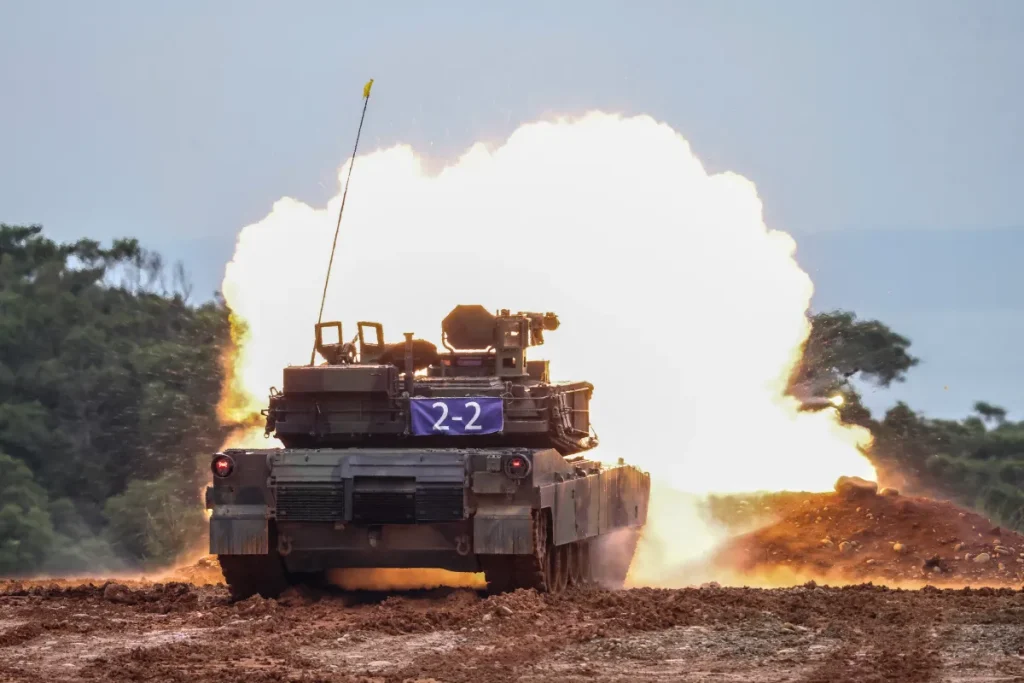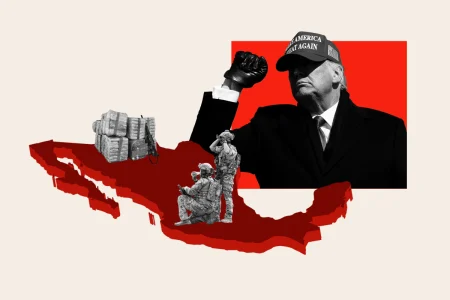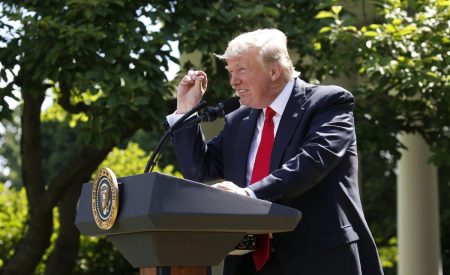US-Taiwan Arms Deal Stirs China’s Ire Amid Escalating Regional Tensions
In a significant diplomatic development, Beijing has issued a stern rebuke to President Donald Trump following the announcement of the first U.S. arms sale to Taiwan under his second administration. The Chinese government views this transaction as a serious affront to its sovereignty and has promised to take “all necessary measures” in response, highlighting the delicate balance of power in East Asia and the complex triangular relationship between the United States, Taiwan, and China.
At a press conference on Friday, Chinese Foreign Ministry spokesperson Lin Jian expressed Beijing’s displeasure with unusual force, stating that the arms sale “seriously violates the one-China principle and the three China-US joint communiqués, particularly the August 17 Communiqué.” This reference to foundational diplomatic agreements between the U.S. and China underscores how Beijing views Taiwan through the lens of historical commitments and its core national interests. The spokesperson’s assertion that the arms deal “gravely infringes on China’s sovereignty and security interests, breaches international law, and sends a grave and erroneous signal to ‘Taiwan independence’ separatist forces” reveals China’s fundamental concern that such actions embolden Taiwan to resist reunification efforts.
The heart of this dispute lies in Taiwan’s unique political status. Despite functioning as a vibrant self-governing democracy with its own military, currency, and diplomatic relationships, Taiwan exists in a state of international limbo, with China insistently claiming the island as an inseparable part of its territory. Beijing has repeatedly stated its intention to eventually bring Taiwan under its control, emphasizing that it would use military force if necessary. This stance has created persistent tension in the region, with Taiwan’s 23 million residents caught between maintaining their de facto independence and facing pressure from their powerful neighbor across the Taiwan Strait.
Lin’s warning that “China will take all necessary measures to firmly safeguard its national sovereignty, security and territorial integrity” follows a pattern of increasingly assertive Chinese rhetoric and military posturing around Taiwan. The ambiguity of this threat leaves open a spectrum of possible responses, from diplomatic protests to military exercises or economic sanctions. The statement comes amid broader regional tensions, as evidenced by China’s recent warning to Japan following Japanese Prime Minister Sanae Takaichi’s comments about potential military intervention should Beijing impose a blockade on Taiwan. This interconnected web of security concerns illustrates how Taiwan has become a flashpoint not just for U.S.-China relations but for the broader security architecture of East Asia.
The timing of this arms sale is particularly notable as it represents the first such transaction under Trump’s second administration, potentially setting the tone for future U.S.-Taiwan-China relations. While the previous Trump administration was known for its strong support of Taiwan, including multiple arms sales, this new transaction suggests continuity in policy despite changes in leadership. For Taiwan, American arms sales represent not just military hardware but a symbolic reaffirmation of the unofficial U.S. commitment to its security, a relationship governed by the Taiwan Relations Act which requires the United States to provide Taiwan with defensive capabilities.
As this situation continues to develop, the international community watches closely for signs of escalation or de-escalation. The triangular dynamics between Washington, Taipei, and Beijing have long been characterized by strategic ambiguity and careful balancing, but each arms sale and subsequent Chinese reaction tests the boundaries of this delicate arrangement. With China’s growing military capabilities and increasingly assertive foreign policy, Taiwan’s security and the stability of the entire Indo-Pacific region hang in the balance, dependent in part on how the major powers navigate these tensions while avoiding direct confrontation that could have global consequences.













